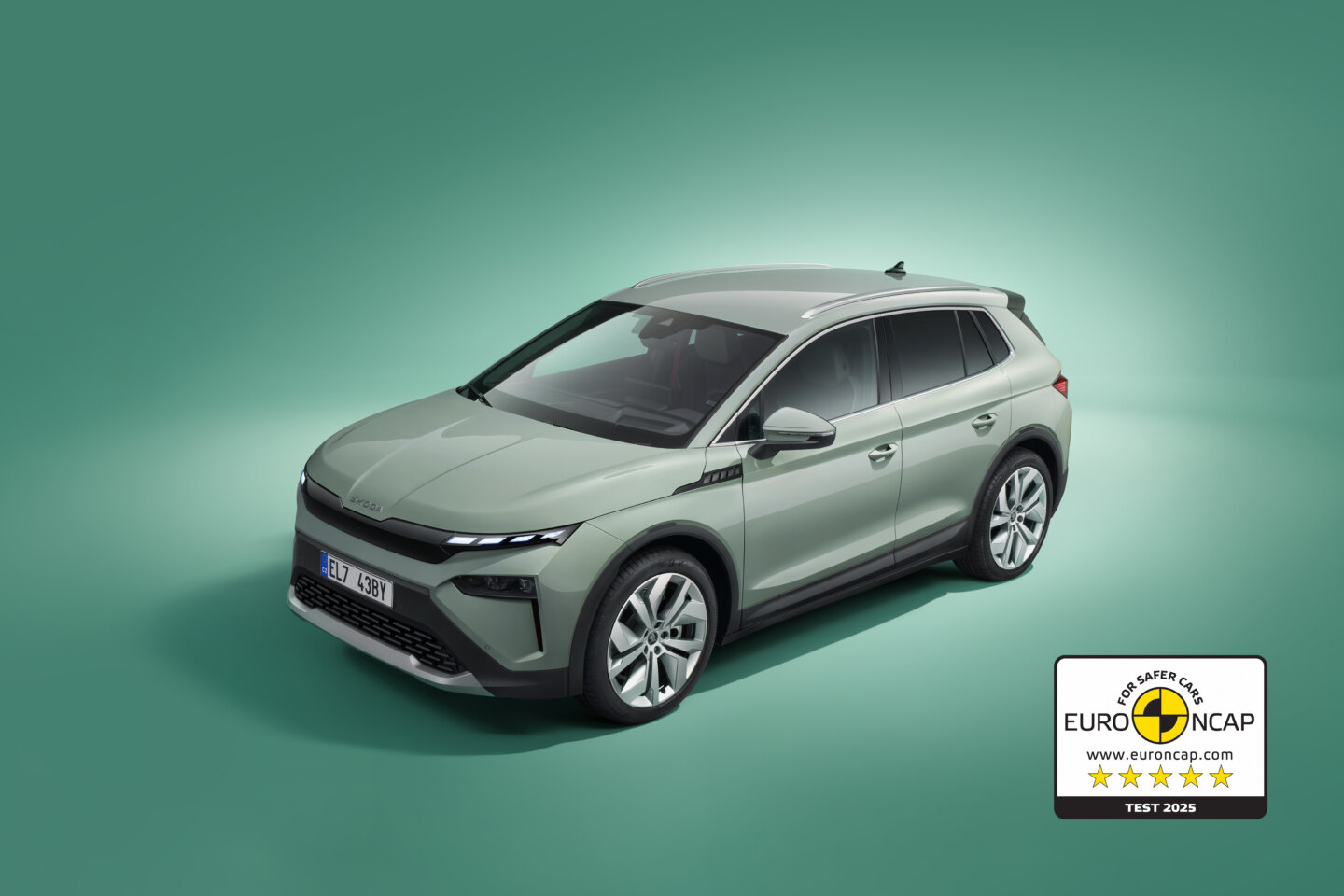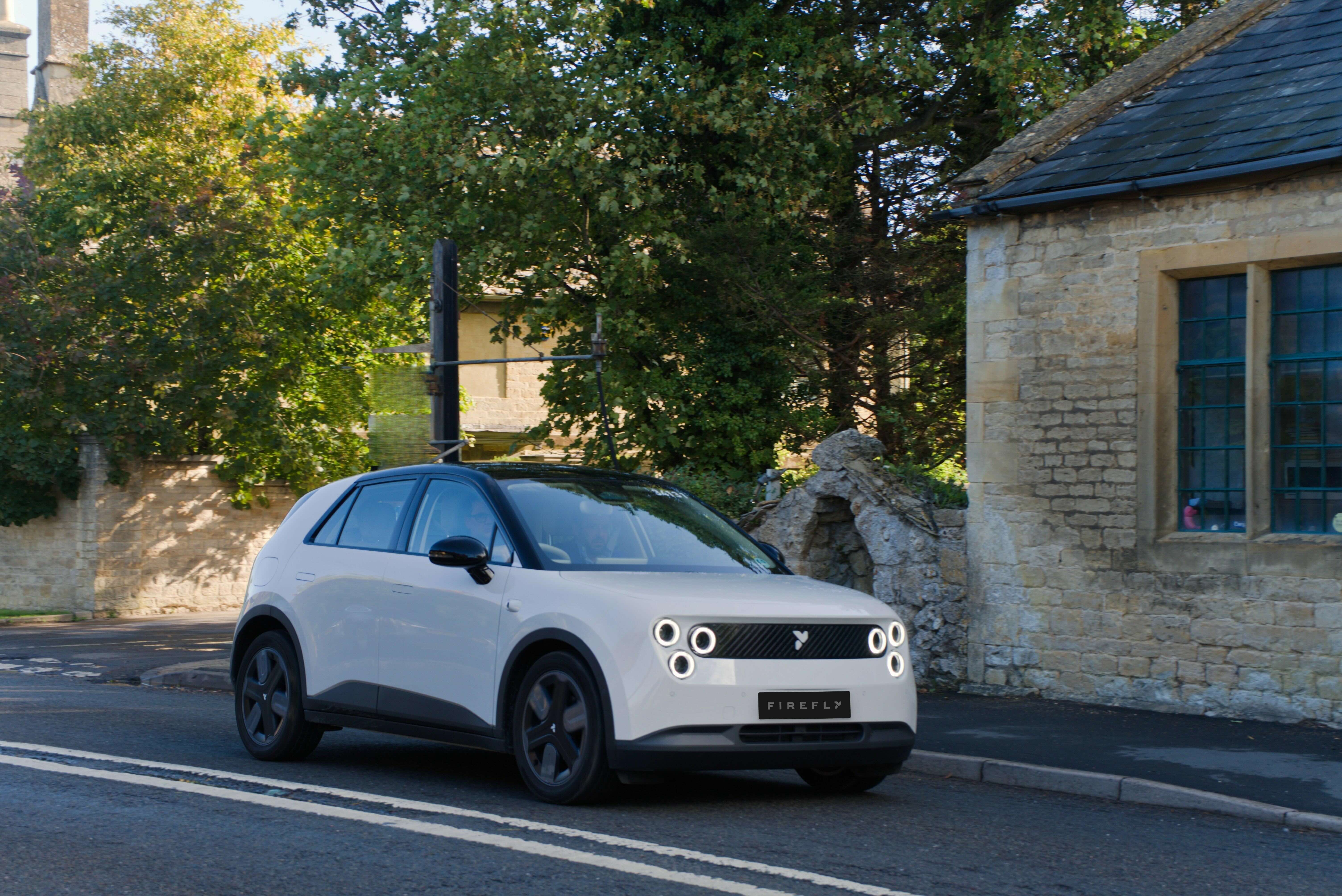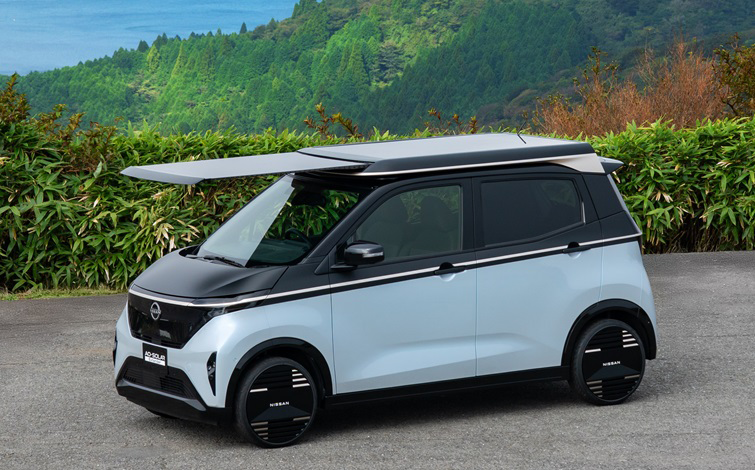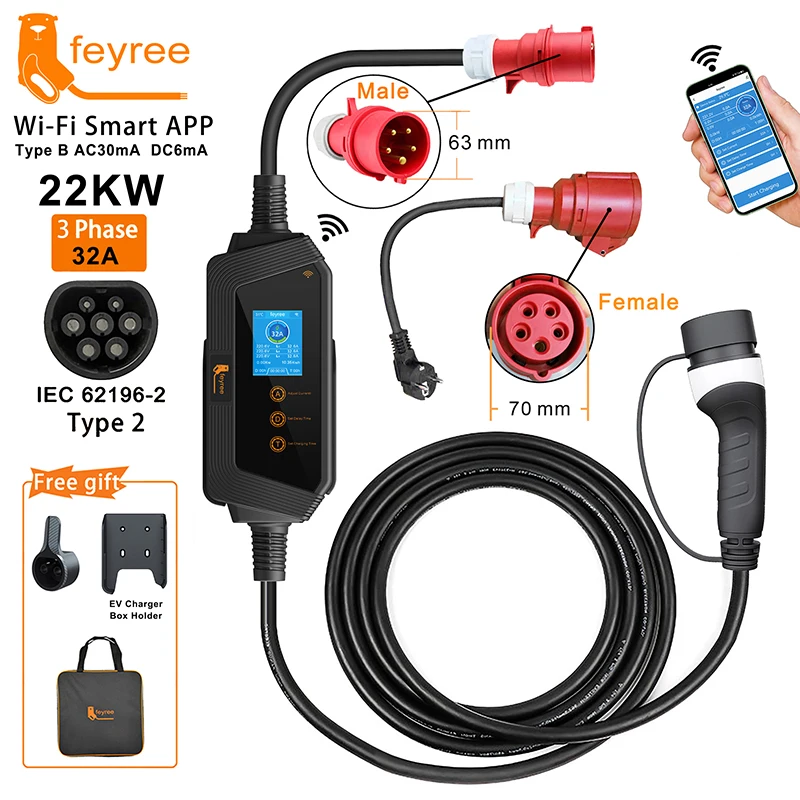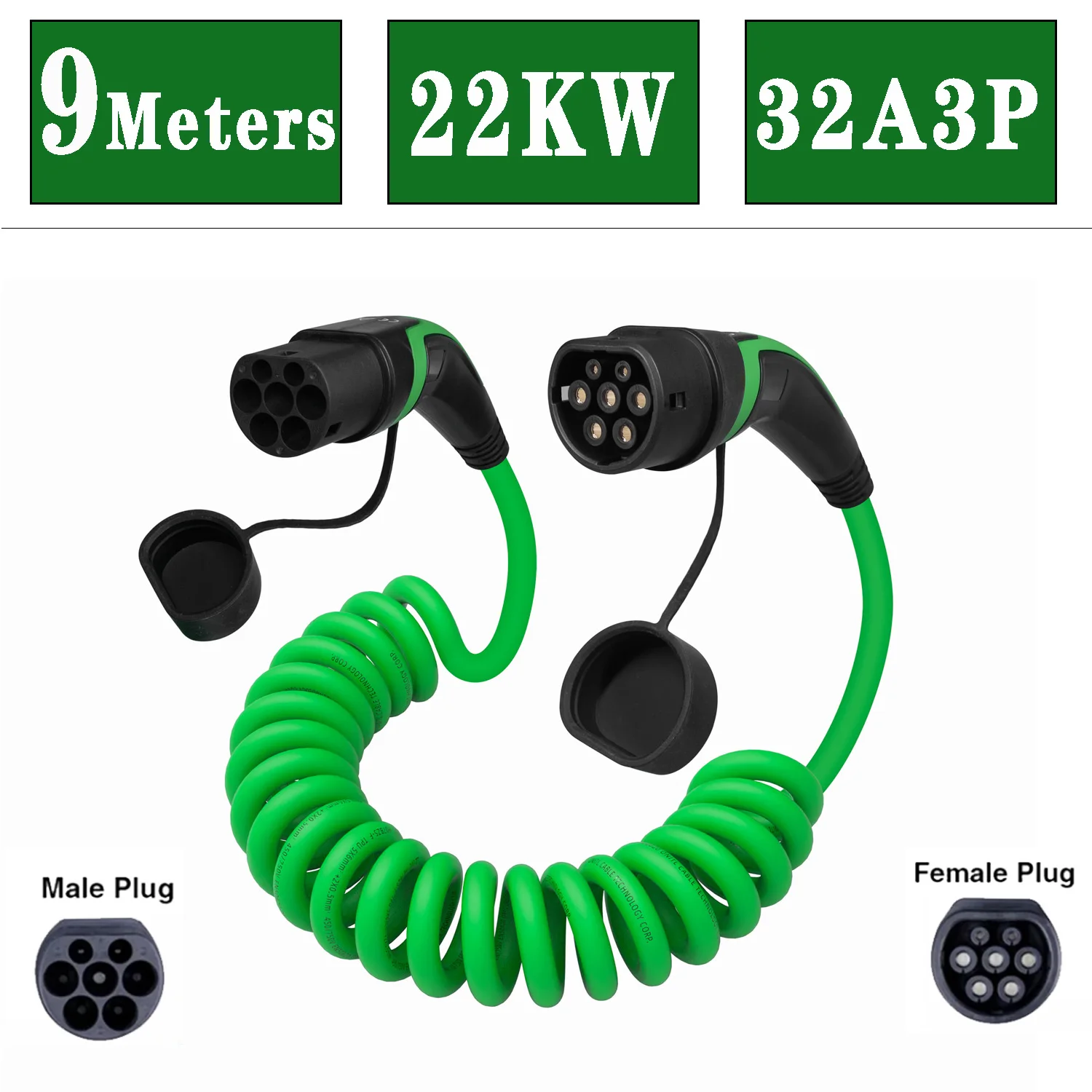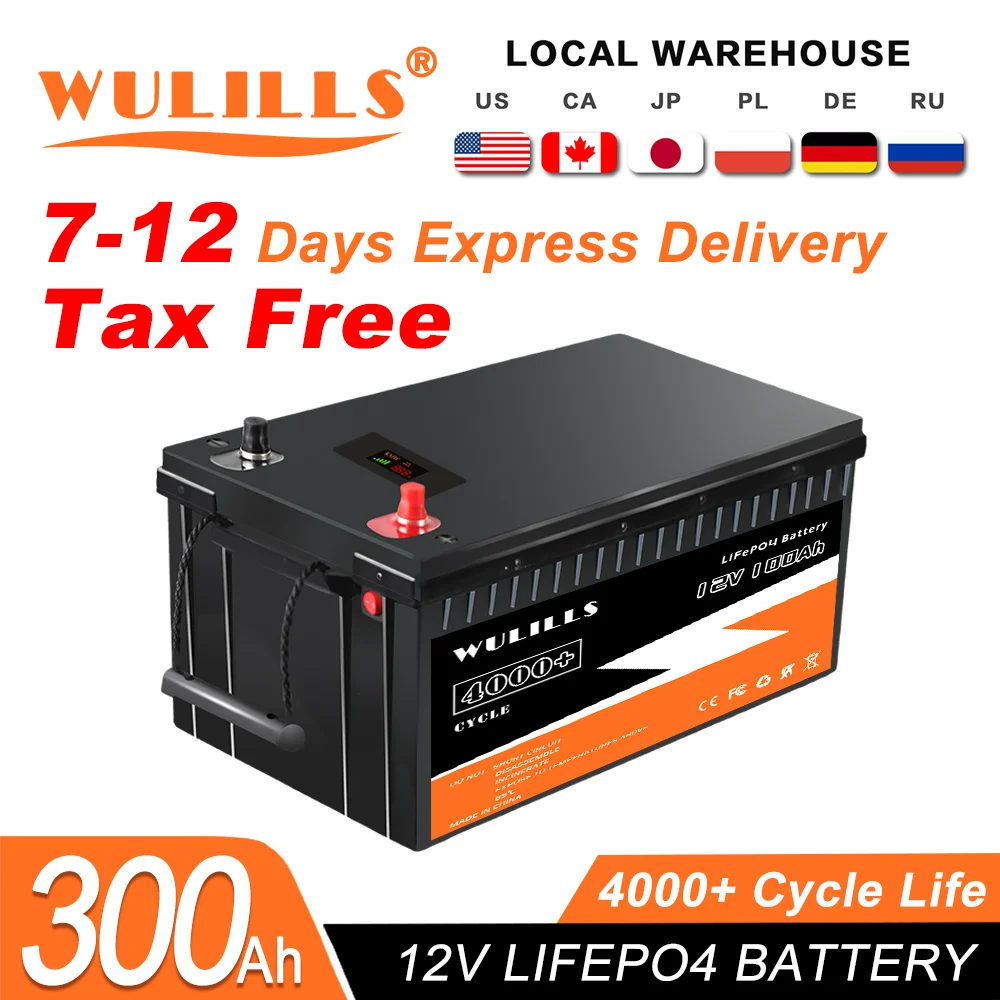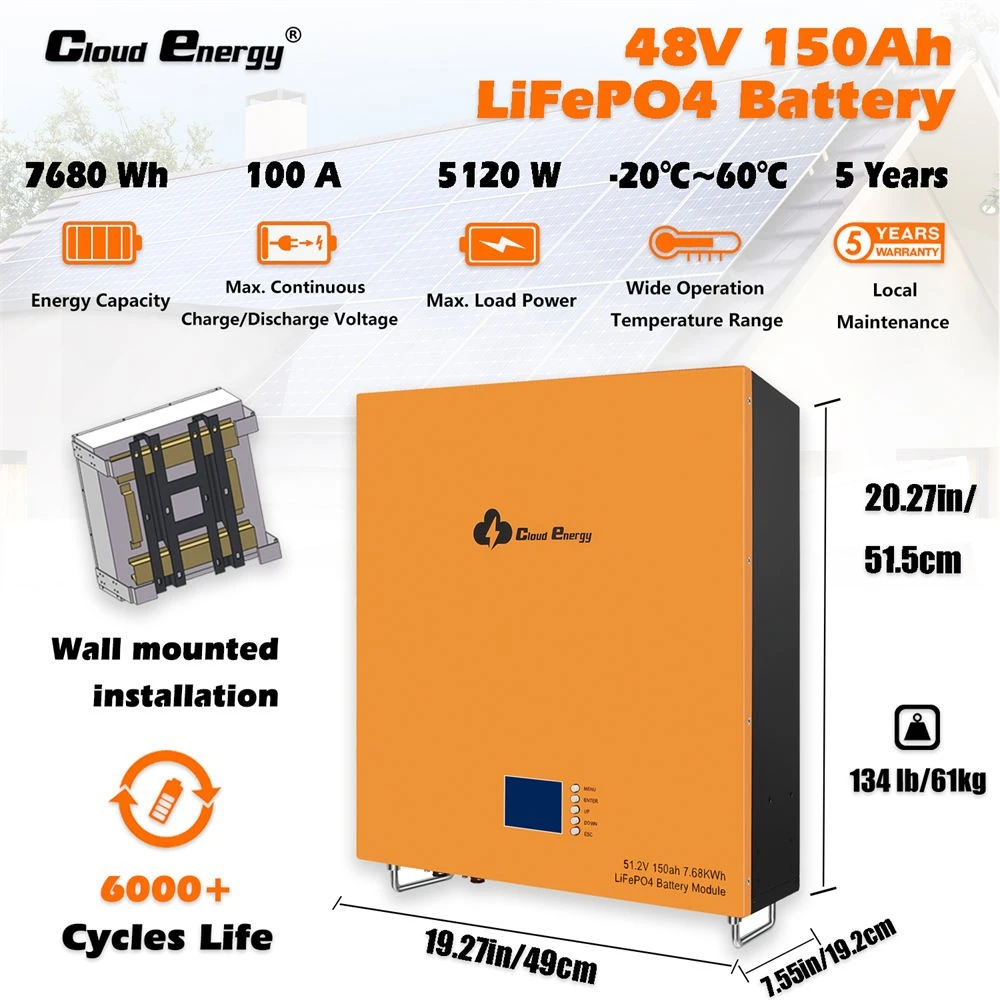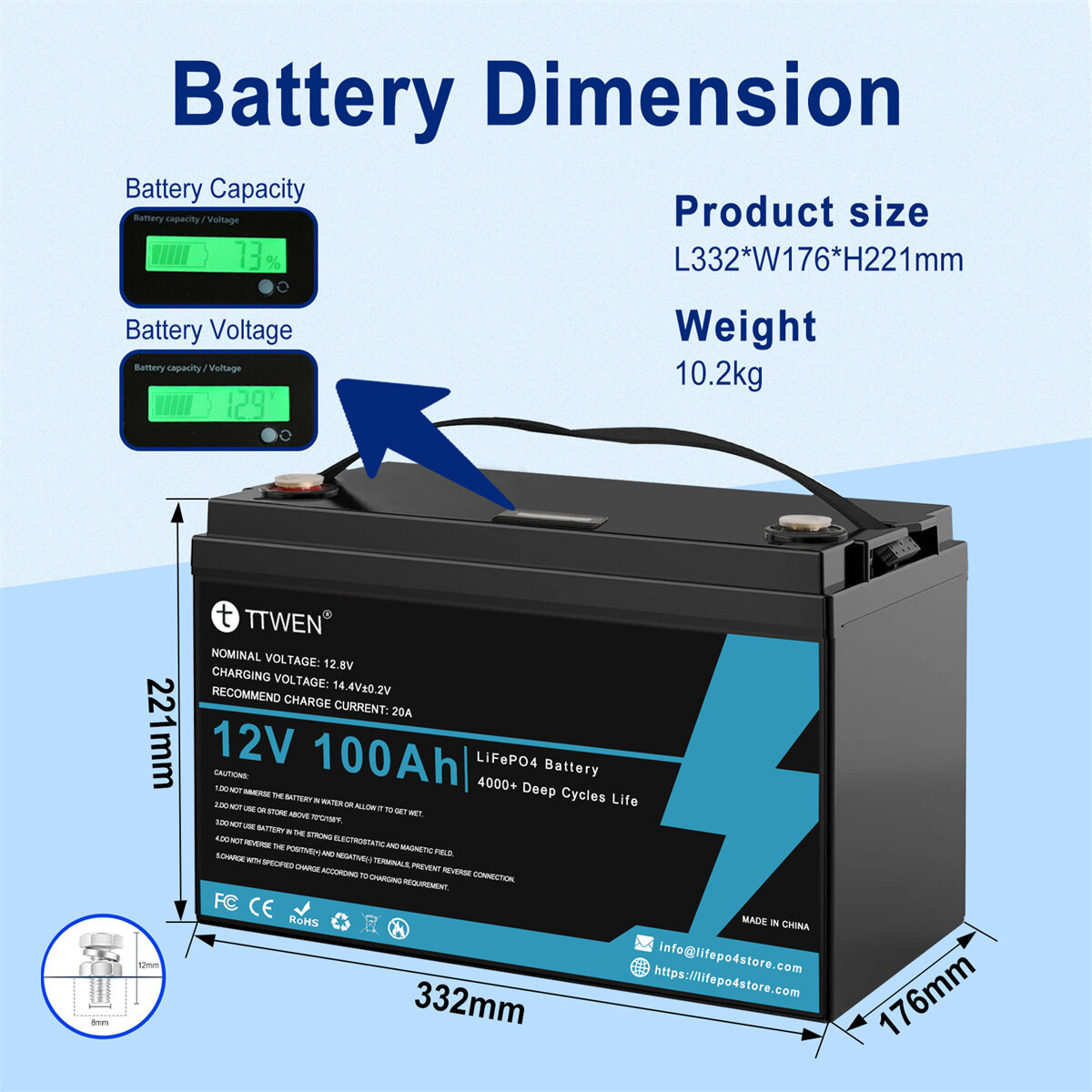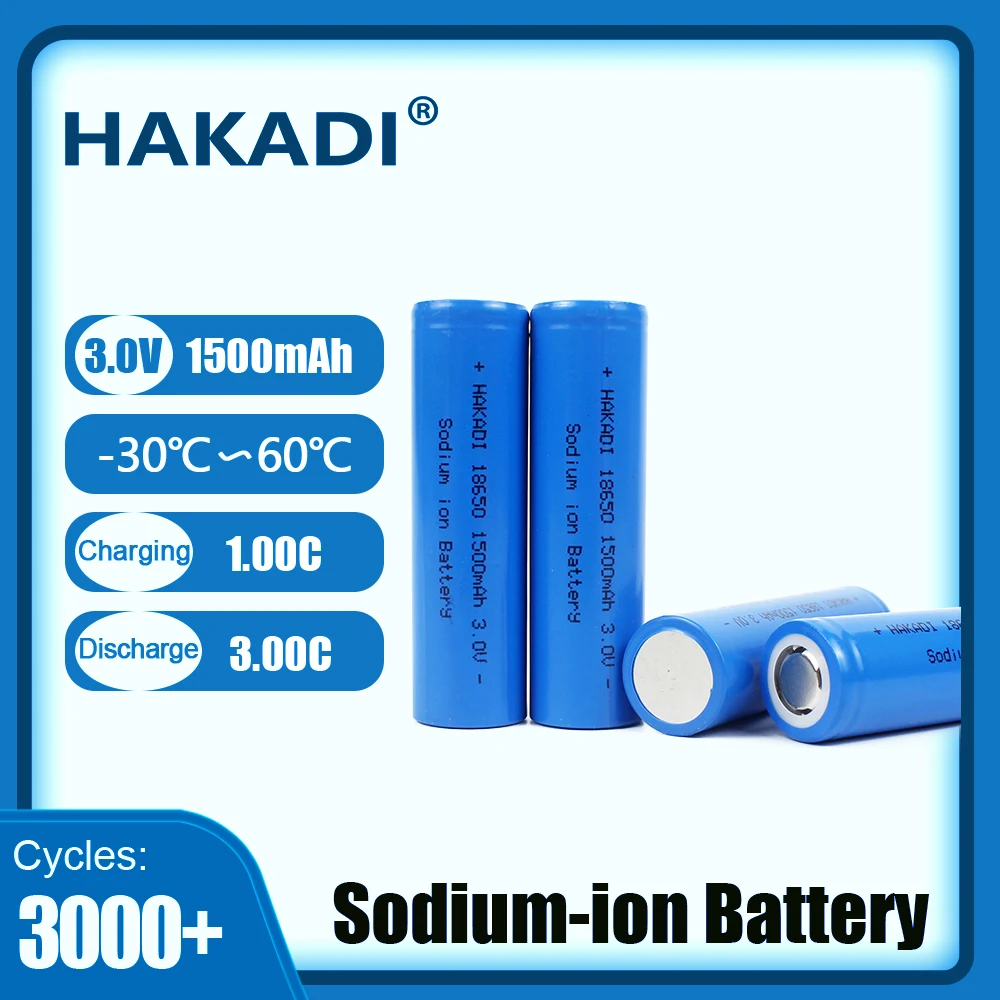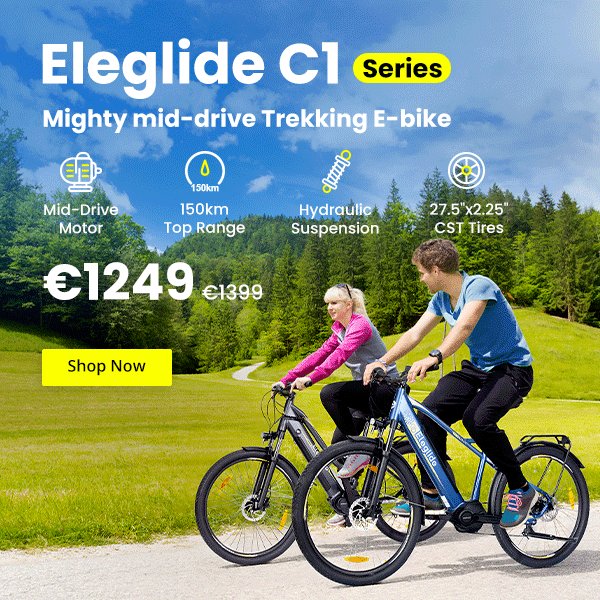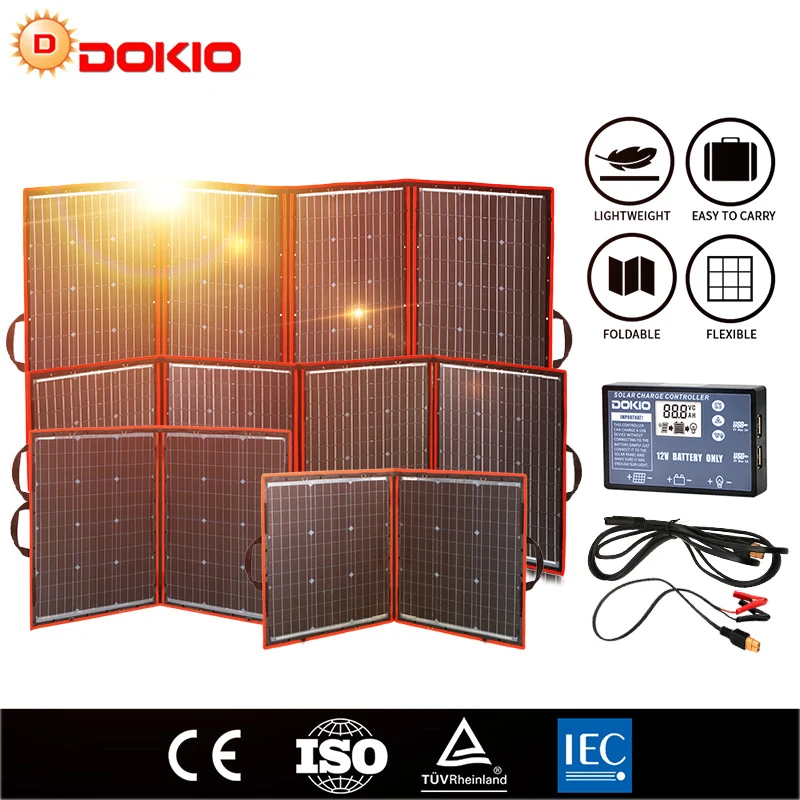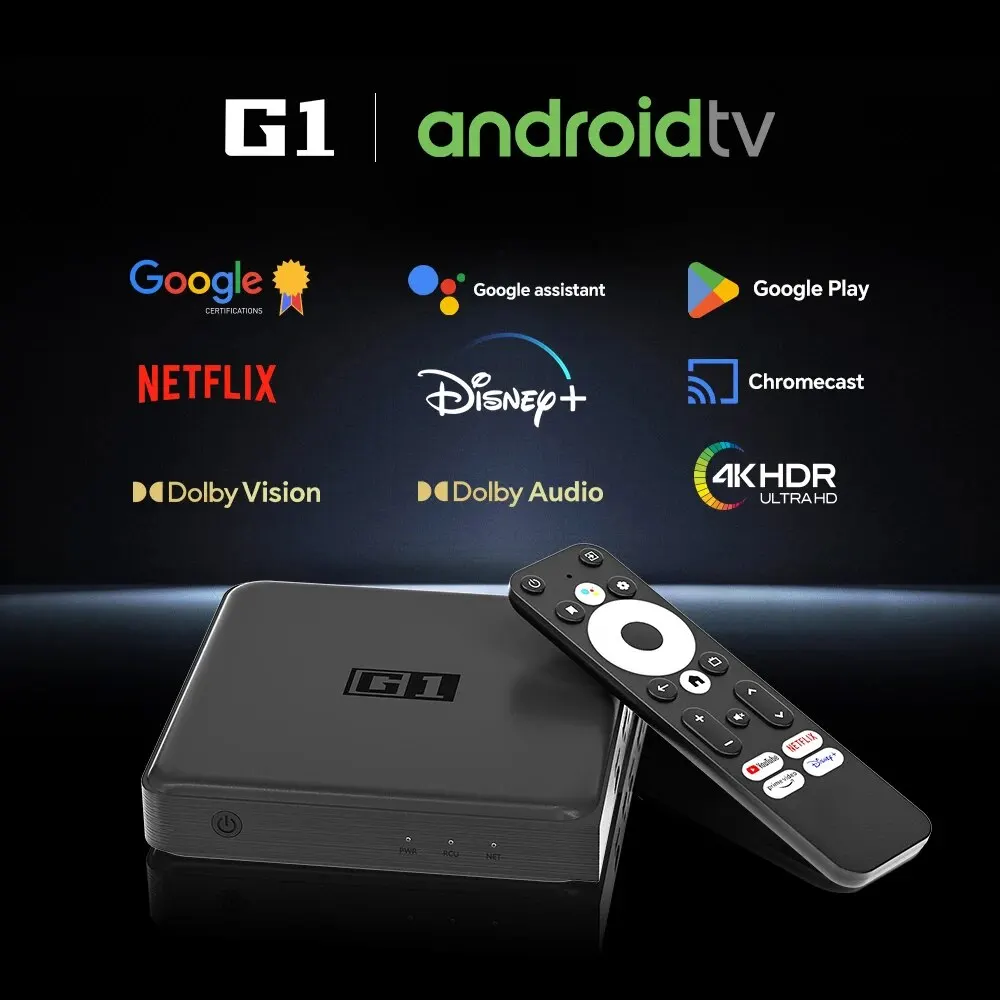Fastned made some useful tests to show how different electric cars handle fast charging. This is particularly important for those who plan to use fast chargers regularly.
Let’s see the results.
Nissan Leaf
- 24 kWh edition: fast charging until 25%, charging will gradually go slower after this
- 30 kWh edition: fast charging until 80%, charging will go slower after this
- 40 kWh edition: fast charging until 60%, charging will go slower after this
BMW i3
- 22 kWh edition: fast charging until 65%, charging will go slower above this
- 33 kWh edition: fast charging until 85%, charging will go slower above this
Hyundai IONIQ Electric
On average the Ioniq charges 100 km in 15 - 25 minutes. Above 75% the charge speed requested by the car will drop, and above 85% the charge speed is reduced to 22 kW.
Volkswagen e-Golf
- 26 kWh edition: fast charging until 75%, charging will go slower after this
- 36 kWh edition: fast charging until 80%, charging will go slower after this
Opel Ampera-e/Chevrolet Bolt EV
The Ampera-e charges fastest until about 55%. At this point the car will gradually reduce charge speed and as of 70% the car will start charging slowly.
Anyway, remember that those tests were made at optimal conditions. When batteries reach higher temperatures, BMS (Battery Management System) decrease charging rates to protect them, especially when there isn’t a TMS (Thermal Management System) to cool them down.

